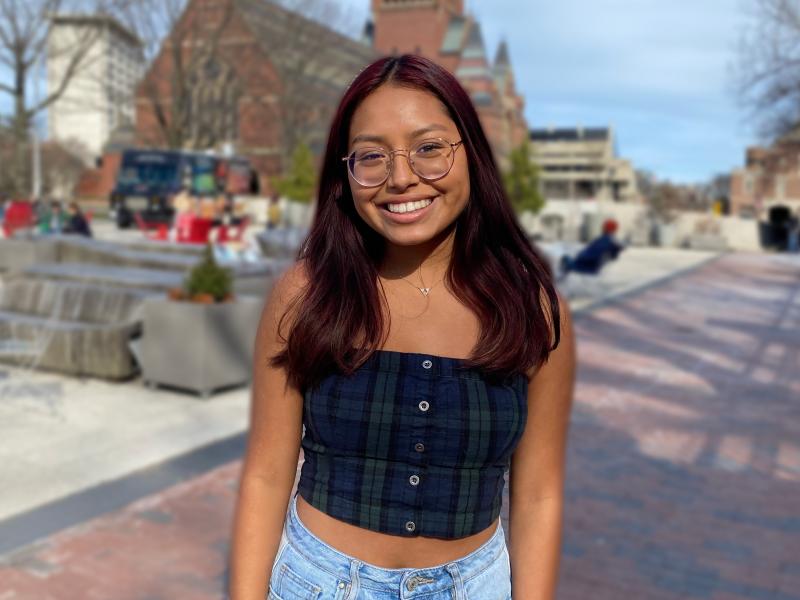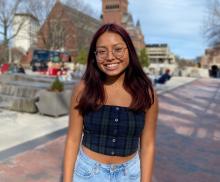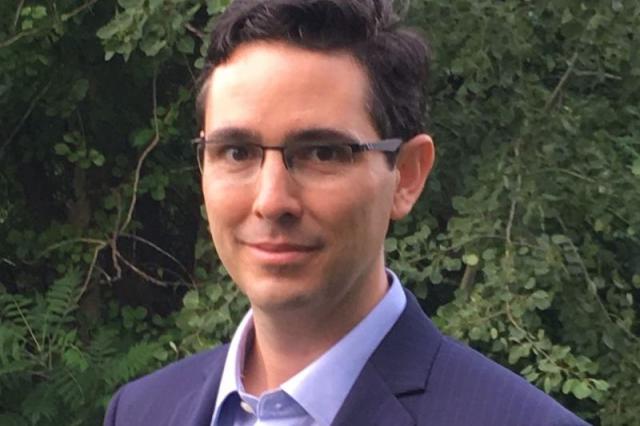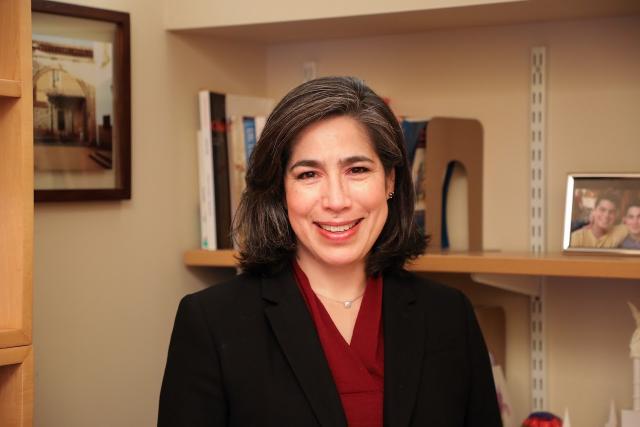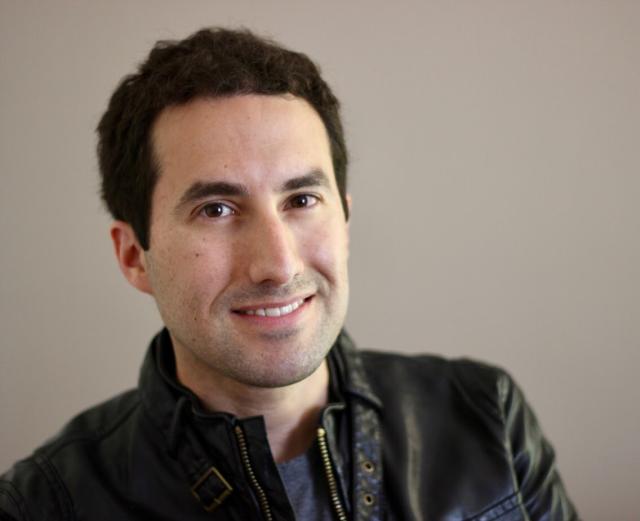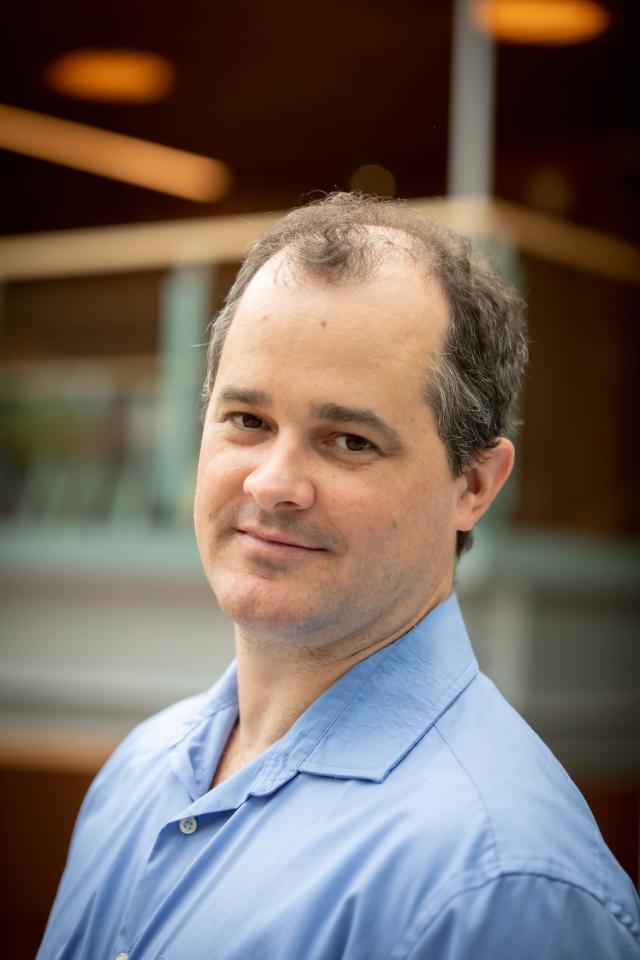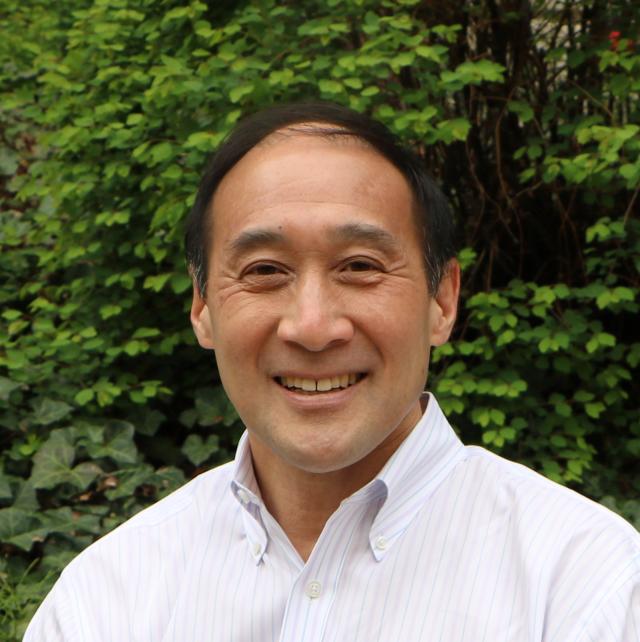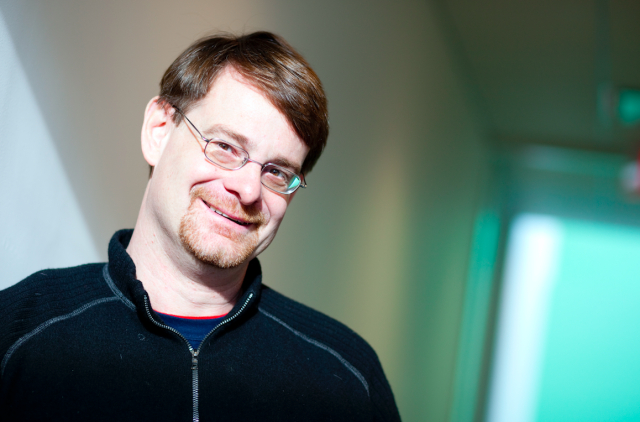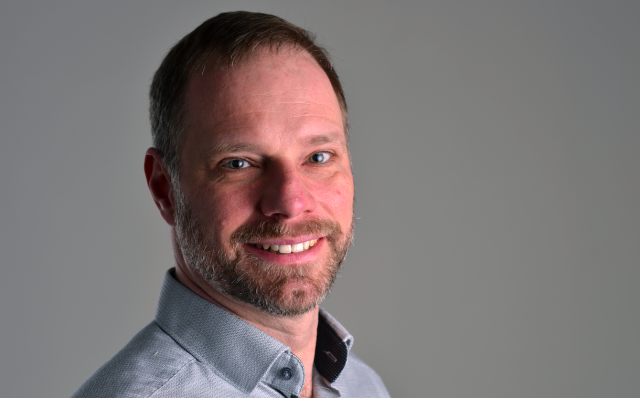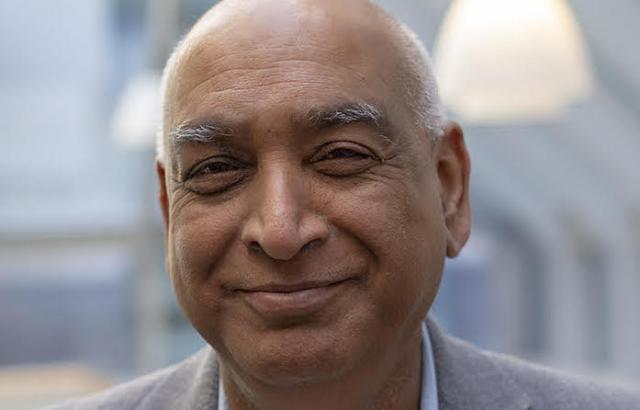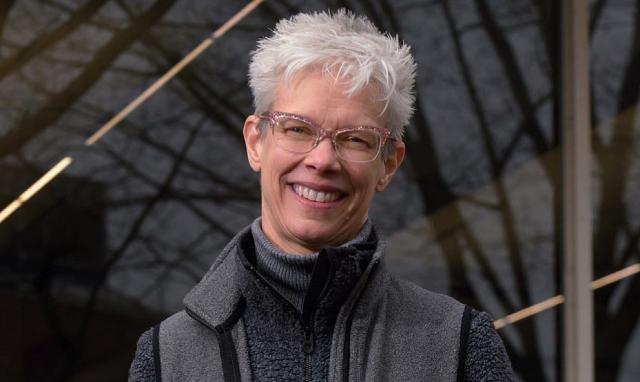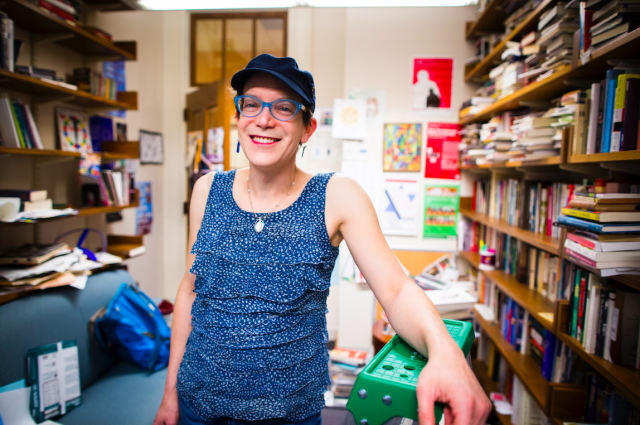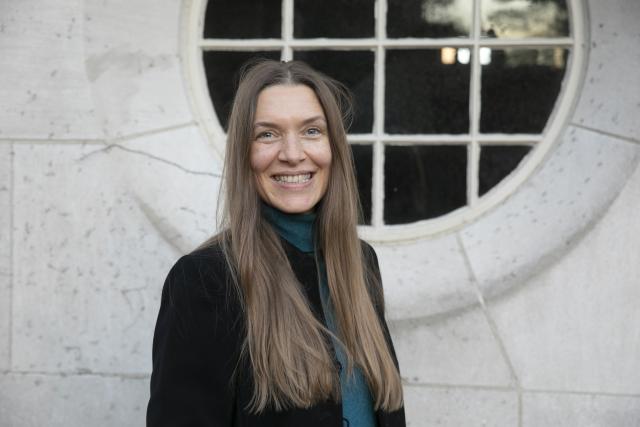For Nancy Etcoff, changing course has allowed her to pursue passions that involve both the humanities and sciences.
Nancy Etcoff always thought she would become a fiction writer. Originally from Brookline, MA, Etcoff grew up a voracious reader in a family that was heavily involved in the arts. As a result, she naturally gravitated towards the humanities. “I thought for sure I'm going to be a fiction writer…My sister is an artist and my father ran a store where it was all about beautiful objects and jewelry, but as I went through university, I began to think about the sciences.”
During her undergraduate years at Brown University, Etcoff veered from the humanities track and decided to take science courses, including an independent lab study with a postdoctoral researcher. She loved it. “I loved the rigor of the science, I loved trying to solve a problem and figuring out how to do it.” Now a clinical psychologist and author of Survival of the Prettiest: The Science of Beauty among many other publications, Etcoff is no stranger to changing course. “As much as you love a subject, it may not be your calling. You have to follow what you feel you have a special talent for. Psychology turned out to be mine.” Having once been unsure of what career path to follow, Etcoff encourages young students to ask themselves what excites them. “What goes beyond just, oh, this is interesting…Certainly, that was my own experience in college. I didn't really expect it to be in literature. I ended up as a psychologist and I'm happy about it. I think people put too much pressure at the beginning.”
A beautiful photograph of a lake in Concord, MA, taken by Nancy Etcoff.
Etcoff recognizes that many of her own students face this pressure, especially the first-years in her freshman seminar, “The Surprising Science of Happiness.” “I've taught freshmen for many years and some people know their career path but many people don't. So many people think they’re the only one who's nervous or who doesn’t fit it, but everyone feels that way.” To make the college transition less daunting, Etcoff designed the freshman seminar to help her students navigate their new lives at Harvard. “Every week we tackle a subject that has to do with confidence, our talents, or understanding ourselves better.” The size of the class also allows the students to build a sense of community through discussion. “I think it's so much easier to connect with everyone in a small seminar and to really understand what their needs, passions, and difficulties are.”
Etcoff also teaches a junior seminar on “Neuroaesthetics”, where many of her first-year students come back as juniors to take the course. “I get to see where they're going and how they change in three years.” Etcoff is interested in the intersection of science and the humanities, and she pushes her students to explore the overlap of these seemingly disparate fields by looking at the ways that art reveals human nature. “I think that's something missing at Harvard and in many universities—that crossover. It's either science, social science, or arts and literature. And I would love to see them come together.”
Another photograph captured by Nancy Etcoff of a beach in Wellfleet, MA.
Besides teaching at Harvard, Etcoff splits her time between the Massachusetts General Hospital and Harvard Medical School. At the Medical School, she initially began working in the area of medical interventions, helping patients with anxiety and depression. After commenting on an article about beauty by the English psychologist David Perrett, she was inundated with requests to continue writing. Even though it felt radically different from what she was researching before, her chairman encouraged her to fly with it. “It's a counterpart to studying and treating mental illness. Writing, and focusing on beauty allowed me to be expressive and creative and further hone my writing skills. But at the beginning, it felt like a huge leap. But I never turned back.”
When not working or teaching, Etcoff enjoys consuming all forms of art, including paintings, sculptures, and music. She also loves to take photographs and even had a dark room in her basement, in addition to taking classes at the Museum of Fine Arts. As she says, photography “really makes you look at the world differently than you had before. Your eyes are wide open.”
The reflection of the sky on the surface of a lake in Concord, MA, photographed by Nancy Etcoff.
Keeping one’s eyes–and minds–wide open is a philosophy Etcoff hopes all students adopt as they traverse college. “Allow yourself that change. Allow your tastes to change, your friends to change if you need to.” For Etcoff, the journey to fulfillment is about “getting a better sense of yourself,” but also about recognizing the work you’ve put in to be where you are now. As the first in her family to receive an Ivy League education and attain a PhD, she leaves us with a few words of wisdom: “Appreciate you're there. You got there. Not many people did, if you saw the number of people who got into Harvard this year. The number was small. Harvard offers a fantastic opportunity. It also says that you had fantastic credentials. Be proud of it.”
Nancy Etcoff PhD teaches seminars in the Mind Brain Behavior Interfaculty Initiative, including “The Surprising Science of Happiness,” and “Neuroaesthetics,” which can be viewed in the Harvard course directory.

